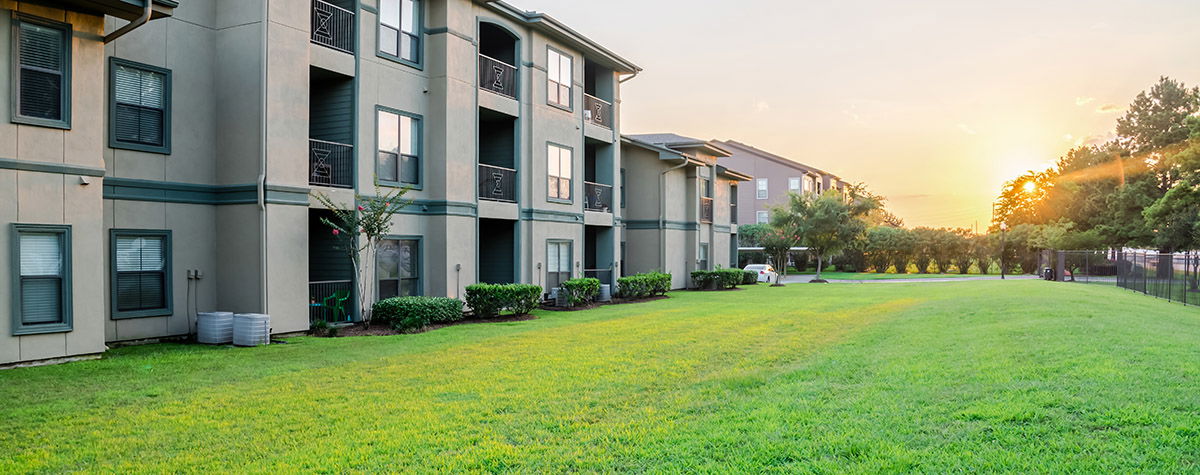Interest-only mortgages
Interest-only mortgages are a great way to reduce your monthly mortgage payments and free up your disposable income.
As the name suggests, you’re only paying off the interest on your mortgage, and you will still need to pay off the capital amount of the loan in full at the end of the term. This is very different from a repayment mortgage, where you have nothing further to to pay at the end of the term, so you will need to plan accordingly. Likewise, lenders will need to see that income, equity or investments are in place to repay the capital when it becomes due.

The flexible solution for lower monthly payments
As the name suggests, with an interest-only mortgage you only repay the interest on the loan, but none of the capital (the amount you originally borrowed). However, you must have a watertight plan in place to repay the capital at the end of the mortgage term, which is normally 25 years.
Interest-only mortgages aren’t for everyone. But, if you’re curious, here’s our overview of this flexible way of buying a property.

Lender criteria for interest-only residential mortgages
The other big difference between an interest-only mortgages and a standard repayment mortgage is the size of deposit a lender will ask for. Borrowers must be able to put down 25% minimum, but more is advisable.
Your plan to repay the capital must also meet the lender’s approval. They need to be certain it will be able to repay the initial mortgage amount at the end of the term.
If you’ve not using the property as security to pay of the capital at the end of the term, consider the following alternatives:
- A rugged savings plan/projection
- A solid, independent pension scheme
- An investment portfolio (stocks, shares or other property investments)
- Other assets you can easily liquidate
When an interest-only mortgage might work for you
You can restrict your borrowing to 50% loan-to-value
You will need to put up a 50% deposit or hold 50% equity.
If the repayment vehicle is the sale of the property
You need to have a minimum of £200,000 equity in your home.
You have a minimum annual income of £50,000
This gives the provider greater confidence in your affording to settle the loan at the end of the term.
You receive sizeable annual bonuses
These must boost your total annual income, allowing you to pay off capital in lump sums each year.
You’re an older client who wants to live in a property for a defined period of time
You will then use the proceeds from sale of your property to pay off the loan when you downsize.
We're here to help
Got questions or need assistance? We’re here to help. Whether you’re looking for mortgage advice, have specific queries, or just want to discuss your options, our expert team is ready to assist you.
Reach out using the form here, and we’ll get back to you as soon as possible. Let’s connect and start making your homeownership goals a reality.
To speak to an adviser, please call us on 020 8421 7999

Top tips for securing an interest-only mortgage
All borrowers must meet the basic criteria listed above. But if you can stretch yourself, there are more ways to get the lender onside, making your application more likely to succeed:
- Maintain 50% equity in the property (so owe against a 50% LTV mortgage)
- Earn £50,000+ per annum
- Receive bonuses that you invest in the mortgage over time, reducing the capital amount outstanding
- Plan to live in the property, if you’re an older borrower, then arrange to pay off the interest-only mortgage when you eventually downsize
Not everyone’s situation will suit an interest-only mortgage. But, if you meet the criteria, they’re a great way to free up disposable income in the short- to mid-term.
Our experienced advisors can talk you through it all and help you reach a decision you’re comfortable with.
Compare interest-only mortgage deals
Get expert advice
Our experienced advisors have helped many homebuyers secure interest-only mortgages.
If your circumstances meet our lenders’ requirements, we can do the same for you.



